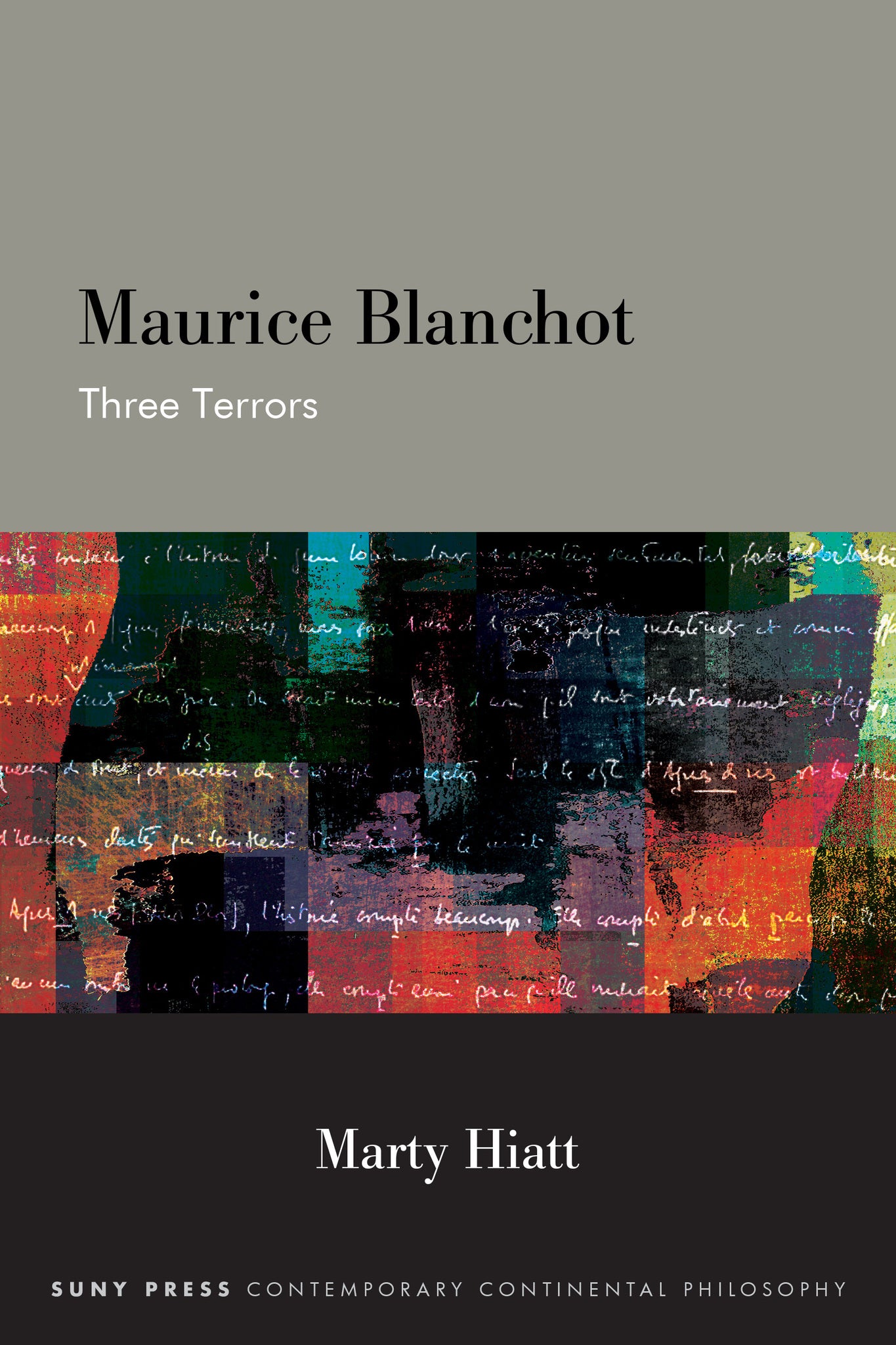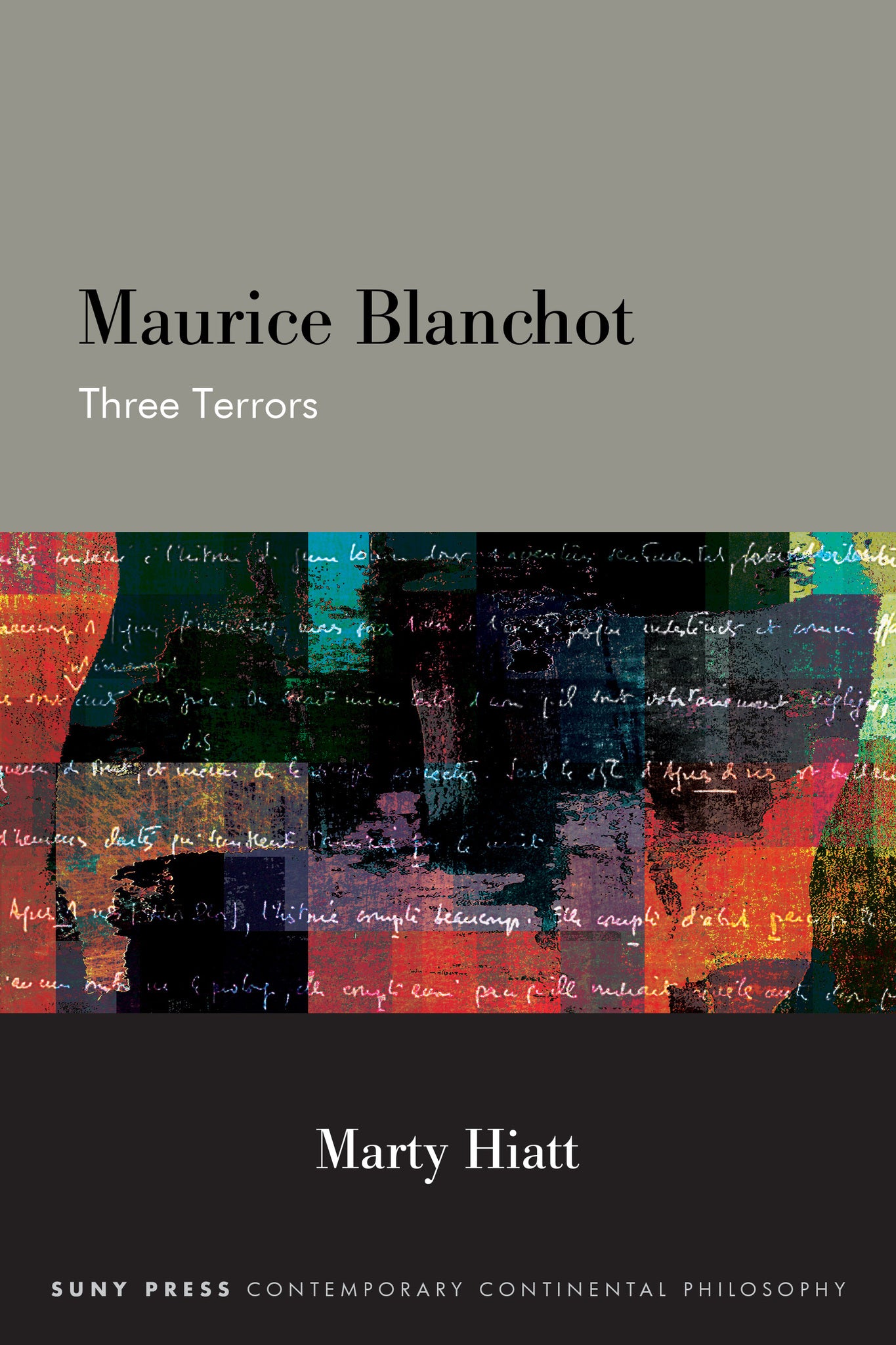We're sorry. An error has occurred
Please cancel or retry.
Maurice Blanchot

Some error occured while loading the Quick View. Please close the Quick View and try reloading the page.
- Format:
-
01 November 2025

Investigates permutations of the terror to examine the complex political and intellectual transformation of literary theorist and novelist Maurice Blanchot between 1933 and 1949.
Between 1933 and 1949 Maurice Blanchot's writings underwent a rather infamous political and critical transformation. Its overarching trope is the terror, which features prominently in his work in 1936, 1941, and 1947. The terror is a reflexive discourse about whether language is bound to reality, and so forceful, or merely a series of empty signs. Marty Hiatt provides an in-depth study of Blanchot's political and critical writings from this period, elaborating his various reckonings with the terror so as to demonstrate the categorical nature of his intellectual shift. Blanchot first calls for an insurrection that would violently expurgate the foreign and execute a Jewish prime minister in order to save France. After the Fall of France, he develops an account of how terror and rhetoric dialectically constitute literature as world construction and world destruction. In his first postwar encounter with Hegel, he links this conception back to history by arguing that it corresponds to revolution. He also doubles the dialectical account of revolutionary history through an account of poetic language that makes contact with an unknowable substrate of existence, resulting in a kind of absolute ambiguity, and seeks to explore and inhabit a form of negativity beyond revolution.


"Hiatt provides us with an in-depth reading of Maruice Blanchot, a right-wing political journalist in 1930s France who went on to become one of the leading figures of late twentieth-century literary theory. His brilliant analysis propels us beyond the controversies and polemics that have dogged work on Blanchot over the past decade. Neither falling into gross attacks on Blanchot nor blindly defending him, Maurice Blanchot paints a nuanced picture on the basis of detailed engagement with the evidence. As such, it is the book that we have been waiting for." — John McKeane, University of Reading



